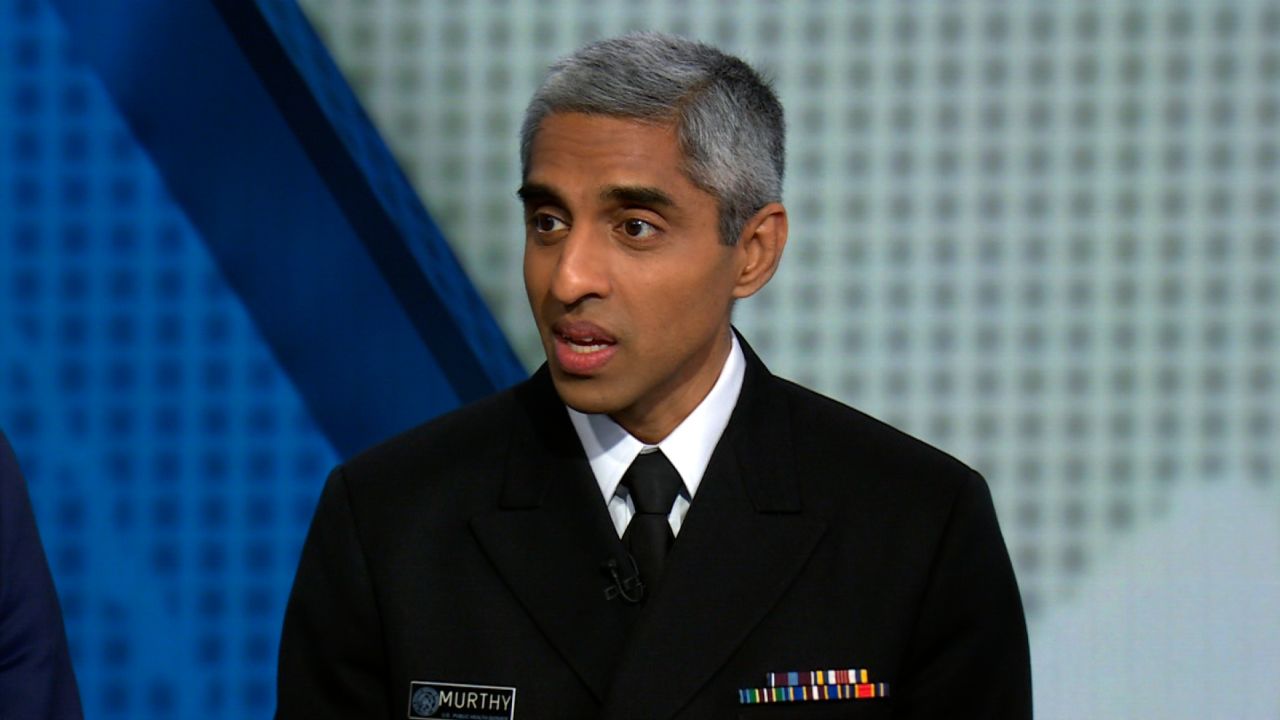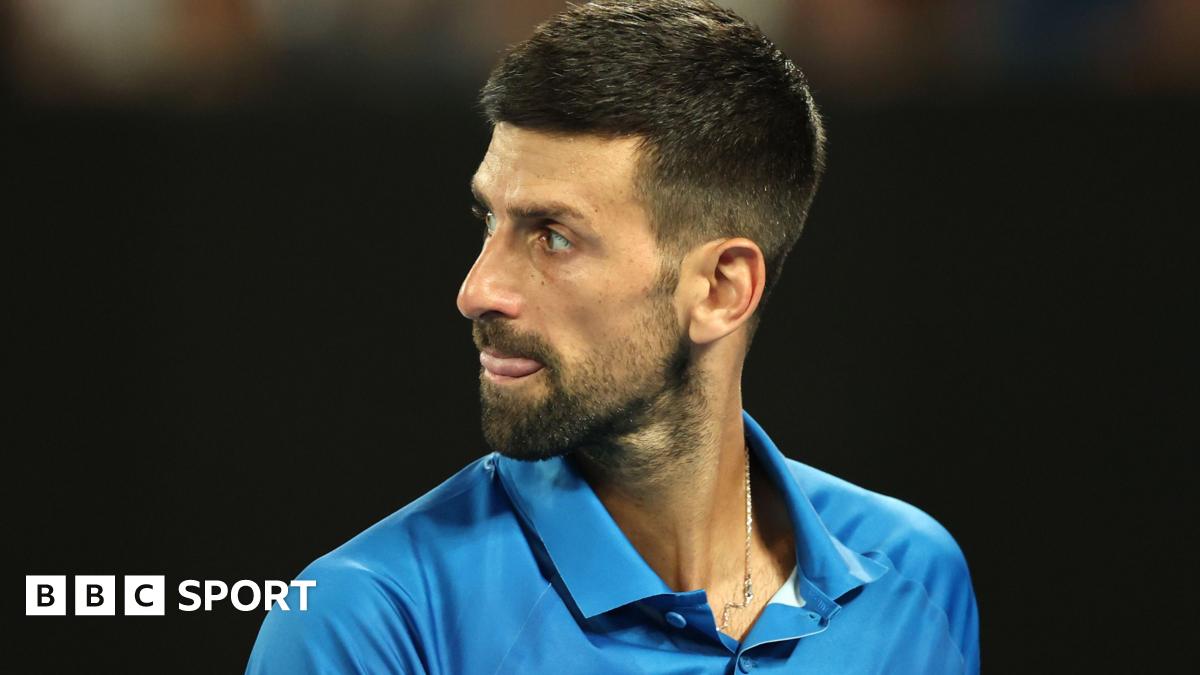(Trends Wide) — Surgeon General Vivek Murthy believes that 13 is too young an age for children to be on social media platforms, because even though the sites allow minors to join, children still they are “developing their identity”.
Meta, Twitter, and other social media giants currently allow 13-year-olds to join their platforms.
“I personally, based on the data I’ve seen, I think 13 years is too soon… It’s a time where it’s really important that we reflect on what they think about their own self-esteem and relationships, and the The skewed and often distorted environment of social media tends to do many of these kids a disservice,” Murthy said on Trends Wide Newsroom.
The number of adolescents on social networks has set off alarm among medical professionals, who point to a growing number of investigations into the harm that these platforms can cause to adolescents.
Murthy acknowledged the difficulties of keeping children off these platforms given their popularity, but suggested that parents can succeed by presenting a united front.
“If parents can come together and say that, as a group, we’re not going to allow our kids to use social media until they’re 16, 17, 18 or whatever age they choose, that’s a much more effective strategy to make sure their parents children don’t expose themselves to harm before their time,” he told Trends Wide.
Adolescents especially exposed

(Credit: Adobe Stock)
New research suggests that habitually checking social media may alter teens’ brain chemistry.
According to a study published this month in JAMA Pediatricsstudents who consult social media more regularly show increased neural sensitivity in certain parts of the brain, making their brains more sensitive to social consequences over time.
Psychiatrists like Dr. Adriana Stacey have been pointing out this phenomenon for years. Stacey, who works primarily with teenagers and college students, previously told Trends Wide that social media use releases a “dopamine rush” in the brain.
“When we do things that are addictive like taking cocaine or using smartphones, our brains release a lot of dopamine at once. It tells our brain to keep taking that,” he explains. “For adolescents in particular, this part of their brain is really overactive compared to adults. They can’t motivate themselves to do anything else.”
Recent studies show other ways excessive screen time can affect brain development. In young children, for example, excessive screen time was significantly associated with worse emergent literacy skills and the ability to use expressive language.
Lawmakers pay attention
Democratic Senator Chris Murphy, who recently published an op-ed in The Bulwark on loneliness and mental health, he extended the concerns of the Director General of Health about social networks. “We’ve lost something as a society, as so much of our life has become screen-to-screen communication, which just doesn’t give you the same sense of value or the same sense of satisfaction as talking to someone or seeing someone.” Murphy told Trends Wide in an interview with Murthy.
For both Murphy and Murthy, the problem of social media addiction is personal. They are both parents, Murphy as teenagers and Murthy as young children. “It’s no coincidence that Dr. Murthy and I talk about this loneliness issue more than other people in public life,” Murphy told Trends Wide. “I look at this through the prism of my 14-year-old son and my 11-year-old son.”
As a country, Murphy explained, the United States is not defenseless against big tech. Lawmakers could make different decisions to limit children’s access to social networks and encourage companies to make algorithms less addictive.
The Director General of Health also referred to addictive algorithms and explained that pitting adolescents against big technology “is not a fair fight.” As he told Trends Wide, “We have some of the best product designers and developers in the world who have designed these products to make sure that people maximize the amount of time they spend on these platforms. And if we say to a child: use the strength of your will to control how much time you spend, you’re pitting a kid against the best product designers in the world.”
Despite the obstacles parents and children face, Murphy was optimistic about the future of social media.
“None of this is out of our control. When we had dangerous vehicles on the road, we passed laws to make those vehicles less dangerous,” he told Trends Wide. “We should make decisions to make (social media) a healthier experience that makes kids feel better about themselves and less alone.”





